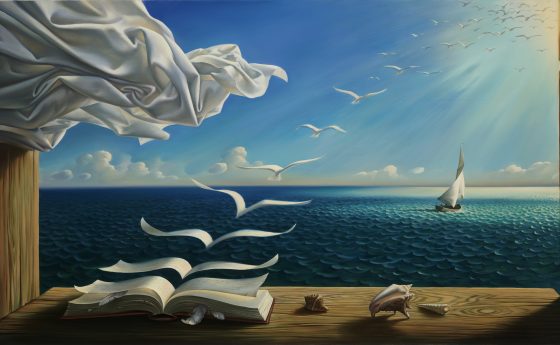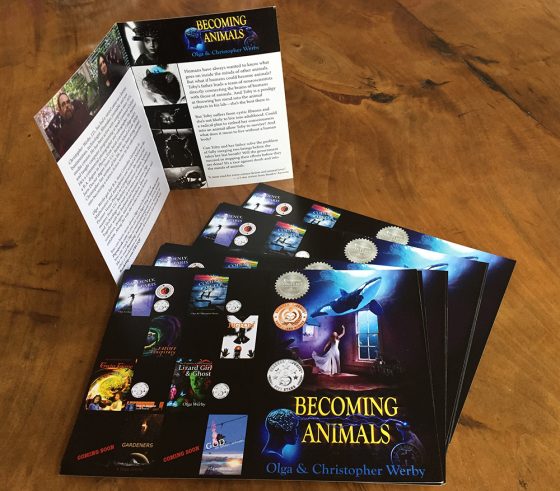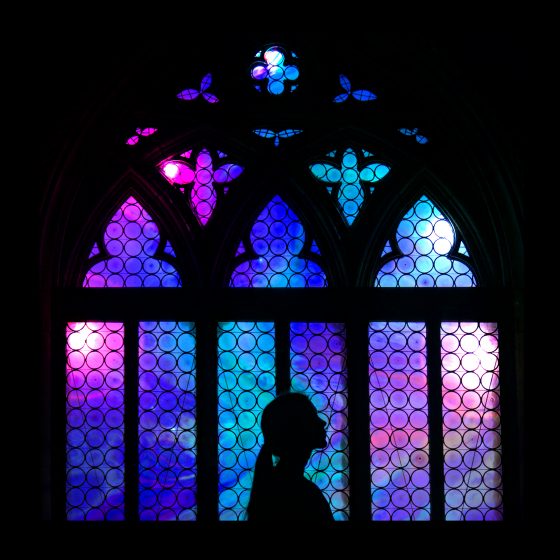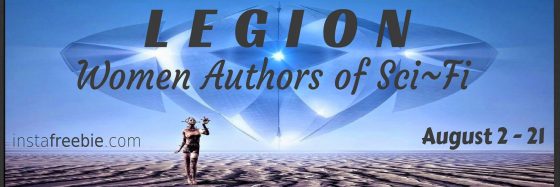
I read a few books this last year, and like a good reader, I would like to recommend and review some of those stories. So here goes… “The Wheel of Time” (4 stars) The Complete Wheel of Time Series Set (1-14) This a big commitment… I want to start this review by being very explicit — don’t start unless you have the time to finish in one go (over many months). There is so much detail and so many characters (all sounding similar) that it would be difficult to get through without an online guide…or if you just give up caring. I posted the images of the books, spines out — I want you to fully understand the commitment you are making. It took me about a year to finish all 14 books. I haven’t decided if I want to spend additional time reading the prequels; certainly not any time soon. Below are my short notes on each book (not summaries of the plot) and the number of pages per book: #1 The Eye of the World (written by Robert Jordan) — 753 pages Very interesting world, very well defined, with many nuances. I liked the characters. It was a…






